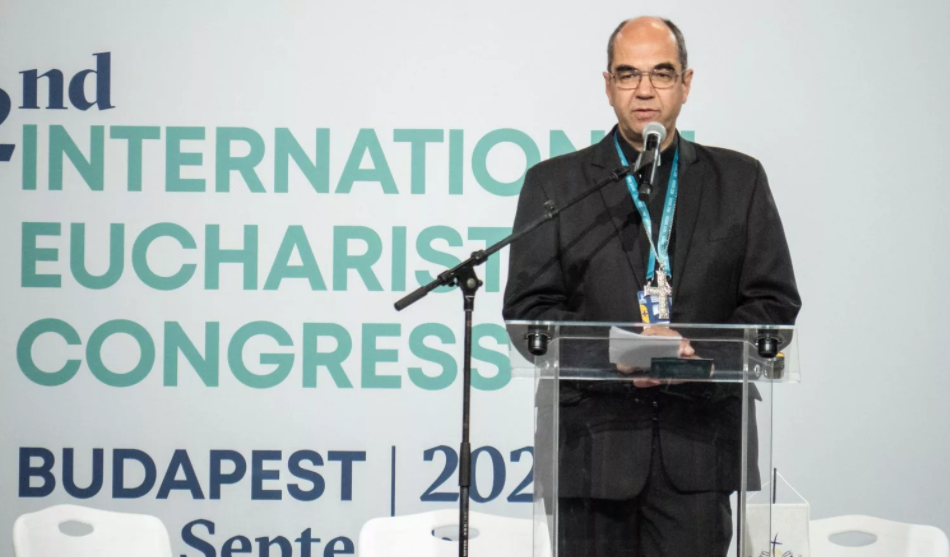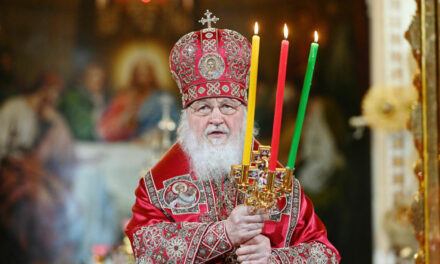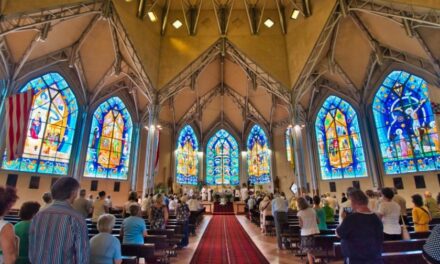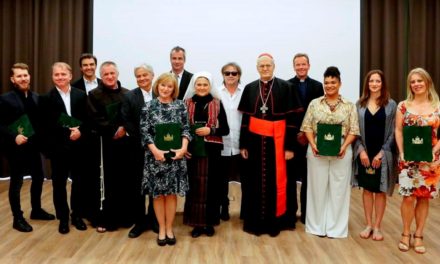Under the title One Bread, One Body, the Hungarian Roma Pastorate presented itself on Thursday, September 9, at the Eucharistic Congress. In addition to testimonies and a cultural program, we also got a glimpse into the operation of the church institutional system that helps the gypsies catch up.
The prelude to the faculty of the Eucharistic Congress on Romani pastoral care was the pre-presentation of the mass in Lovári at the morning mass. After his greeting in Romany, János Székely, bishop of the Szombathely county, chairman of the Roma Pastoration Committee of the Hungarian Catholic Bishops' Conference, spoke about the fact that the Roma are the largest minority in Europe, with a population of 13 million within the EU. According to the teachings of the Holy Scriptures, God especially loves the poor and the suffering, and the Gypsies, without a homeland, very often live in extreme poverty on the fringes of our societies.
In Hungary in recent decades, these communities have come a long way with the help of the majority society - explained János Székely, and then explained that 91 percent of the Roma children in Hungary complete the 8th grade elementary school and 2-3 percent of those studying in higher education are Roma youth.
The bishop pointed out: the Christian faith played a huge role in catching up, because if a person understands and experiences that he is a child of God, just like anyone else, then "he will have a completely different attitude towards his family and work, he will be freed from the slavery of passions , it is different to learning and to your whole life". He recalled the Greek Catholic priest Miklós Sója, who for four decades in Hodász helped the Roma from the world of the Putri towards a more humane, Christlike life.
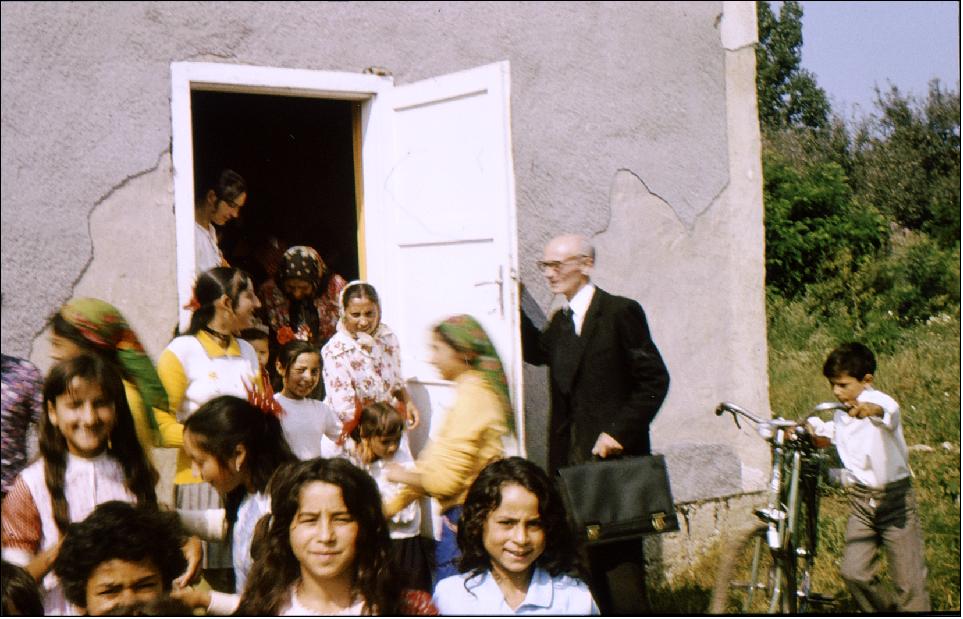
Miklós Sója (1912-1996) Source: wikipedia.org
Bishop Székely also mentioned his own experiences: he had suitable glasses made for a neglected gypsy child who lived in extreme poverty, and this child returned to him several times as an adult as a decent family man. He kept the glasses and all his children were baptized by the bishop. But the case of the drug-addicted young Roma man who received him kneeling in front of the cross was also touching, he no longer touches drugs. He finished school, got a driver's license and a job and settled his relationship with his family.
The head of the Roma pastoral care explained that today they operate 95 community centers, Roma vocational colleges, and schools, and the training of staff helps their work so that the Gypsies can hear the good news of the gospel not only from outside, but also from their own people.
During the two-hour lecture, Romani and non-Roma pastors and lay staff who were engaged in gypsy pastoral care testified to their faith, schools and vocational colleges dealing with the training of Roma presented themselves, and Romani culture was also presented with dance, music, and stage plays.
At the end of the lecture, the Roma and non-Roma believers marched to the chapel on the Hungexpo area to the accompaniment of gypsy music.
Source and image: velvidek.ma

